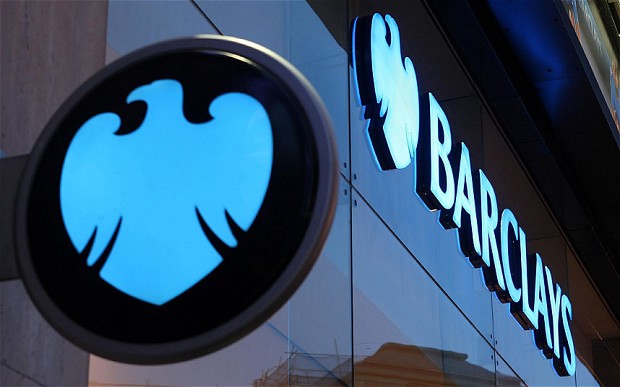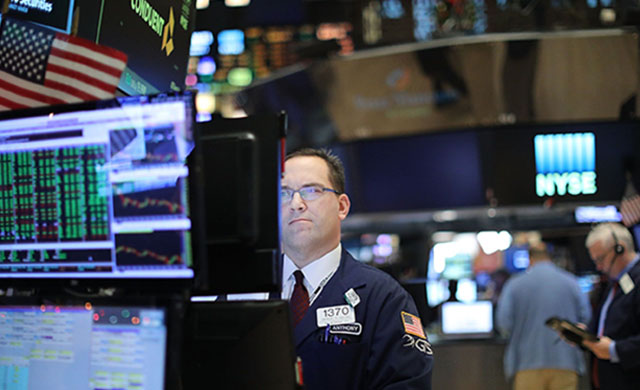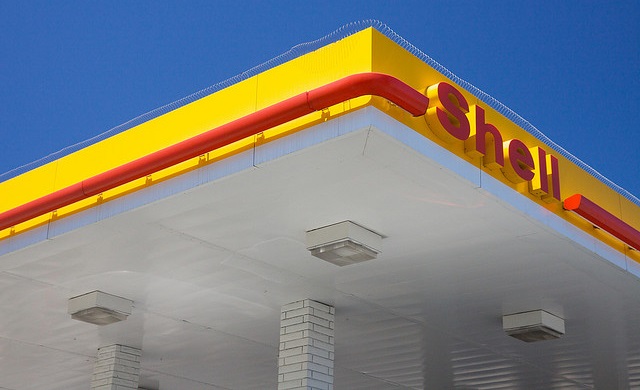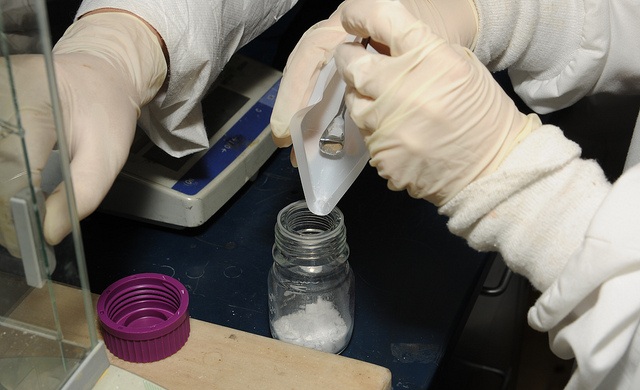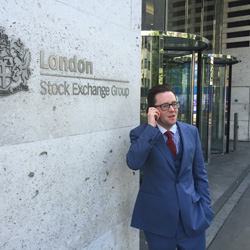London open: Stocks nudge down as business confidence falls to two-year low

London stocks nudged lower in early trade on Monday following a downbeat session in Asia and as investors mulled a drop in UK business confidence.
At 0825 GMT, the FTSE 100 was down 0.1% at 8,212.25.
The fourth-quarter survey from the British Chambers of Commerce showed that proposed tax changes in the Autumn Budget pushed business confidence to its lowest level in more than two years, with more than half of firms expecting prices to rise in the first quarter of 2025.
According to the survey, 63% of UK businesses say taxation is now a concern following the changes, up from 48% in the third quarter and the highest level since 2017.
In October, the chancellor announced that, from April 2025, the earnings threshold at which employers start paying national insurance contributions will fall from £9,100 to £5,000, while the rate being paid will rise from 13.8% to 15.0%.
Some 55% of firms now expect prices to go up over the next three months with labour costs the biggest driver, the BCC said. This compares with just 39% in the third quarter.
The BCC’s Quarterly Economic Survey, which includes responses from nearly 5,000 businesses between 11 November and 9 December, showed that just 49% of firms expect their turnover to increase over the next 12 months, down from 56% in the third quarter and the lowest figure since the aftermath of the mini budget in late-2022.
Just two fifths of firms expect their profits to increase over the next year, down from 48% in the third quarter.
“The worrying reverberations of the Budget are clear to see in our survey data. Businesses confidence has slumped in a pressure cooker of rising costs and taxes,” said Shevaun Haviland, director general of the BCC.
“Firms of all shapes and sizes are telling us the national insurance hike is particularly damaging. Businesses are already cutting back on investment and say they will have to put up prices in the coming months.”
Susannah Streeter, head of money and markets at Hargreaves Lansdown, said: “The report will be an unwelcome read for the government which has already been hit with disappointing growth figures, which showed a stagnation for the economy in the three months to September, then a contraction in October.
“Nevertheless, the infrastructure investment boost included in the Budget should help provide a tailwind for activity, and the expected reduction in interest rates is likely to offer relief to companies and consumers.”
Meanwhile, a survey released in China showed that activity in the services sector grew in December at the fastest rate in seven months amid a jump in domestic demand, although foreign orders fell.
The Caixin/S&P Global services purchasing managers’ index ticked up to 52.2 from 51.5 in November. This was above the reading of 51.7 expected by economists and the fastest expansion since May 2024.
A reading above 50 indicates expansion, while a reading below signals contraction.
The new business sub-index printed at 52.7 in December, up from 51.8 in November.
Wang Zhe, senior economist at Caixin Insight Group, said: “Since late September, the synergy of existing policies and additional stimulus measures has continued to act on the market, producing more positive factors.”
In equity markets, broker notes were having a big impact amid a dearth of corporate news.
Rolls-Royce was knocked lower by a downgrade to ‘neutral’ at Citi.
“Following a strong recovery from the depths of Covid, we believe Rolls-Royce shares are now approaching what we consider to be current fair value,” the bank said. “We have increased our target price to 641p, leaving some upside, but insufficient to remain buyers.”
Unilever also fell after a downgrade to ‘underperform’ from ‘sector perform’ at RBC Capital Markets, which slashed the price target to 4,000p from 4,800p.
Barratt Redrow was among the gainers after an upgrade to ‘buy’ at Redburn, while Flutter and Entain rose as Citi said they were among its top picks in the sector for 2025.
Experian also pushed higher after an upgrade to ‘outperform’ at RBC Capital Markets.
Elsewhere, UK and US-listed oil group Diversified Energy lost ground as it announced the acquisition of several assets in America’s Appalachian Basin, across Virginia, West Virginia and Alabama, which it says will complement existing operations and provide synergies to improve margins.
The company is spending $45m on the assets, which currently produce around 2m barrels of oil equivalents per day.
Top 10 FTSE 100 Risers
| Sponsored by Plus500 |
|
| # | Name | Change Pct | Change | Cur Price | |
|---|---|---|---|---|---|
| 1 |  |
Intermediate Capital Group Plc | +3.12% | +64.00 | 2,118.00 |
| 2 |  |
Banco Santander S.a. | +1.93% | +7.00 | 369.00 |
| 3 |  |
Barratt Redrow Plc | +1.85% | +7.80 | 428.30 |
| 4 |  |
Experian Plc | +1.51% | +52.00 | 3,502.00 |
| 5 |  |
Lloyds Banking Group Plc | +1.47% | +0.80 | 55.16 |
| 6 |  |
Intertek Group Plc | +1.42% | +66.00 | 4,700.00 |
| 7 |  |
Diploma Plc | +1.38% | +58.00 | 4,276.00 |
| 8 |  |
Standard Chartered Plc | +1.31% | +13.00 | 1,002.00 |
| 9 |  |
Antofagasta Plc | +1.26% | +20.00 | 1,611.00 |
| 10 |  |
Prudential Plc | +1.22% | +7.60 | 632.60 |
Top 10 FTSE 100 Fallers
| Sponsored by Plus500 |
|
| # | Name | Change Pct | Change | Cur Price | |
|---|---|---|---|---|---|
| 1 |  |
International Consolidated Airlines Group S.a. | -3.95% | -11.80 | 287.10 |
| 2 | 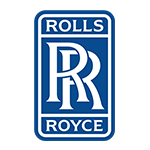 |
Rolls-royce | -3.90% | -22.80 | 562.20 |
| 3 |  |
Wpp Plc | -2.80% | -22.80 | 791.20 |
| 4 |  |
Smurfit Westrock Plc | -2.18% | -94.00 | 4,222.00 |
| 5 | 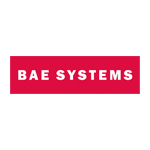 |
Bae Systems Plc | -1.95% | -22.50 | 1,130.50 |
| 6 |  |
South32 Limited | -1.92% | -3.30 | 168.90 |
| 7 |  |
Unilever Plc | -1.86% | -85.00 | 4,476.00 |
| 8 |  |
Marks And Spencer Group Plc | -1.38% | -5.40 | 385.10 |
| 9 |  |
British American Tobacco Plc | -1.18% | -35.00 | 2,938.00 |
| 10 | 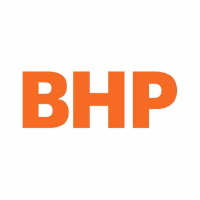 |
Bhp Group Limited | -1.12% | -22.00 | 1,943.00 |
US close: Markets bounce back strongly as tech stocks jump
US stocks rebounded strongly from recent losses to end the week on a high, with tech stocks leading the surge as investors hunted for bargains after the Nasdaq slumped to a five-week low the previous session.
Sentiment was boosted by better-than-expected manufacturing data, and dovish comments from a Federal Reserve policymaker.
The Dow closed the day up 0.8% following four days in the red; while the S&P 500 and Nasdaq surged 1.3% and 1.8% respectively, ending their five-day losing streak. On Thursday, the Nasdaq settled at 19,280.79 – its lowest level since 29 November.
In economic data, US manufacturing activity contracted for the ninth consecutive month in December, though at a slower pace. The Institute for Supply Management’s purchasing managers’ index rose to 49.3 from November’s 48.4, just shy of the 50-point threshold that separates contraction from expansion. This was comfortably ahead of the consensus forecast of 48.4.
Oxford Economics said the data shows the sector is starting to gain positive momentum. “While the index remains in contractionary territory, improved new orders, low customer inventories, and the potential for tariffs to pull forward additional demand should sustain the positive momentum over the near term,” said Matthew Martin, senior US economist at the firm.
In other news, comments from the Richmond Fed boss, Thomas Barkin, were making headlines after he told an audience in Maryland that he anticipates more upside than downside economic surprises on the growth front.
Barkin added that, while inflation wasn’t yet back to target, he did not believe that it was necessary to “be nearly as restrictive as we once were to finish the job”.
Oil prices surged once again, with WTI crude rising 1.3% to $74.07 a barrel on the back of a 2% surge on Thursday. WTI crude now sits at levels not seen since mid-October.
Market movers
Blue chip tech stocks were in demand, providing a big lift to markets, with Amazon.com, Tesla, Nvidia, Broadcom, Microsoft and Alphabet all putting in decent gains.
US Steel shares dropped 7% after president Joe Biden intervened to block Japan Nippon Steel’s $14.9bn bid for the American industrial group, citing national security concerns.
In the final weeks of his administration, Biden said that US Steel will remain “a proud American company” – though the company has warned it needs the $3bn investment pledged by its Japanese rival or it may have to power down some of its major mills.
Electric vehicle group Rivian surged 24% after reassuring investors with in-line production and delivery numbers for 2024. The stock dropped sharply last year on the back of missed production targets.
Alcohol producers were out of favour after the surgeon general called for changes to labels to highlight the increased risk of seven types of cancer from alcohol consumption. Molson Coors and Constellation Brands both fell, along with US-listed shares of Diageo and AB InBev.
Monday newspaper round-up: FTSE 100 CEOs, Barclays, business fears
The chief executives of FTSE 100 companies will have made more money in 2025 by midday on Monday than their average worker does in a whole year, according to the latest measure of inequality between bosses and their employees. Median pay for FTSE 100 chief executives is £4.22m, 113 times the median full-time worker’s pay of £37,430, according to the High Pay Centre, a campaign group. That means UK bosses will exceed their workers’ annual pay within 29 hours – or at about 11:30am on Monday, if they started work straight after the new year holiday. – Guardian
Labour must offer extra support to working parents, including with childcare and commuting, if it is to fulfil its promise of cutting child poverty, the Resolution Foundation thinktank has argued. The government’s manifesto promised an “ambitious strategy” on child poverty, and ministers have said they will publish a 10-year plan in the spring. – Guardian
Barclays has been criticised for paying mystery shoppers to pretend to be blind or deaf in an attempt to test the response of branch staff. The National Federation of the Blind of the UK (NFBUK), which campaigns for blind and partially sighted people, said the bank’s stunt was an “insult” to blind people and “totally inappropriate”. – Telegraph
Business fears over taxation have hit a record high in the wake of Rachel Reeves’s “devastating” Budget, according to a new survey by the British Chambers of Commerce (BCC). Almost 63pc of businesses said they were concerned about the tax burden, findings show, up from 48pc three months ago and a higher proportion than ever before. – Telegraph
The competition between Jeff Bezos and Elon Musk, the billionaire technology tycoons, is set to intensify after Amazon signalled it could start a satellite-based high-speed broadband service in the UK as early as this year. The move by Amazon, which was disclosed in filings by the American tech company with Ofcom, Britain’s communications regulator, would help Bezos make up ground against Musk’s Starlink service, which started launching satellites in 2019 and now has more than 6,700 in orbit. – The Times


 Hot Features
Hot Features



